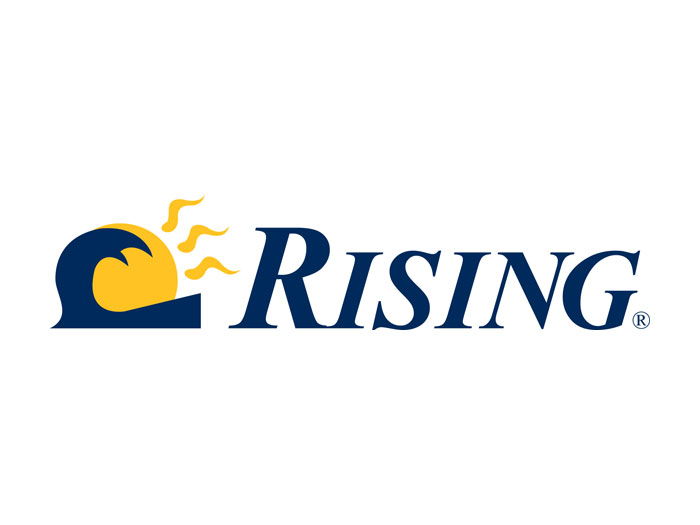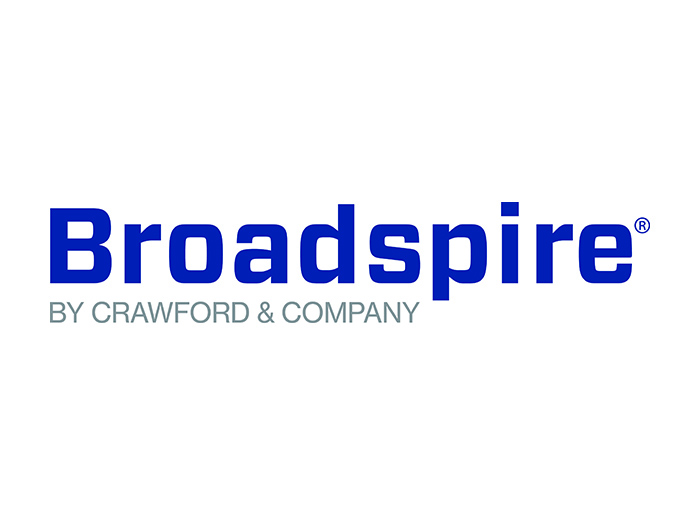Legal Roundup: Disney Faces Pricing Lawsuit, Jack Daniels’ Copyright Case Heard by SCOTUS and More

Disney’s Anticompetitive Pricing?
The Case: A group of YouTube TV subscribers filed a proposed class action against The Walt Disney Company in San Francisco federal court, claiming that “the media company’s business agreements with competitors have artificially pushed up how much consumers pay across the market for live television streamed over the internet,” according to Reuters.
Plaintiffs seek to “recover the near doubling of their subscription prices as a result of Disney’s anticompetitive agreements with YouTube TV” and other streaming live pay TV providers, according to the filing.
Scorecard: The case has recently been filed and has not reached a resolution.
Takeaway: YouTube TV is the largest provider of live TV streamed over the internet, according to the suit. Disney owns and operates Hulu + Live TV, which the filing claims is the second-largest streaming live paid TV service in the United States. Disney also runs ESPN. “Disney requires streaming providers such as YouTube TV to include ESPN as part of a base package,” according to Reuters.
Disney operates ESPN and Hulu “as a single economic entity, allowing it to negotiate horizontal, anticompetitive carriage agreements for ESPN and ESPN-related channels,” according to the suit, which characterizes the sports networks as the “largest cost input” to streaming live paid TV products in the United States.
“The plaintiffs’ lawyers have asked the California court to issue an injunction allowing them to decline ‘base bundles with ESPN and related Disney-controlled channels,’ ” according to Reuters.
FTX Crypto Exchange Customer Sues Golden State Warriors
The Case: A former FTX customer is suing the Golden State Warriors in a proposed class action in San Francisco federal court. The Warriors “had named FTX its official cryptocurrency platform, in what it called a first-of-its-kind cryptocurrency partnership in professional sports,” according to Reuters. Plaintiff Elliott Lam claims that the Warriors falsely represented FTX as a safe method of trading cryptocurrency. Lam is a Canadian citizen who lives in Hong Kong.
Scorecard: The case has recently been filed and has not reached a resolution.
Takeaway: FTX, now in Delaware bankruptcy court, left investors and about a million customers in the hole for billions of dollars. Attorneys said former CEO Sam Bankman-Fried ran FTX as a “personal fiefdom,” according to Reuters.
Lam is filing the suit “on behalf of ‘thousands, if not millions’ of people outside the United States who traded on FTX’s platform,” according to Reuters. FTX invested heavily in sports sponsorship, naming arenas in Miami and UC Berkeley and making deals with MLB, the Mercedes Formula One Team, Tom Brady, Steph Curry and many others, according to Fast Company.
SCOTUS Bites on “Jack” Parody Dog Toys
The Case: Jack Daniel’s brought a copyright infringement case against VIP Products, the maker of the “Bad Spaniels” dog toy “that imitates a Jack Daniel’s whiskey bottle, while adding poop humor,” according to the court filing. The toy does indeed resemble the whiskey bottle. In place of the original “Old No. 7 brand,” the toy reads, “The Old No. 2 on Your Tennessee Carpet,” according to the Associated Press. The case went from Arizona district court to the 9th Circuit. The whiskey-maker appealed the case to the Supreme Court.
Scorecard: SCOTUS has agreed to hear the case.
Takeaway: Manufacturers including Campbell’s Soup and Patagonia urged the justices to take on what they called “an important case for trademark law,” according to the AP. In 2008, VIP was barred from selling its Budweiser parody, ButtWiper. The case is expected to be argued in early 2023.
Walmart’s $3.1B Nationwide Opioid Settlement
The Case: Thousands of lawsuits have been filed against a myriad of participants in America’s opioid crisis. Walmart, along with CVS and Walgreens, were sued over pharmacies’ roles in distributing medication.
Pharmacies “have been the most difficult to compel to come to the negotiating table, asserting throughout the years that their local pharmacists were merely filling doctor-ordered prescriptions of federally approved medications,” according to the New York Times; plaintiffs — including states, local governments and tribes — argued that the retail giants showed “flagrant disregard” for the consequences.
Scorecard: Walmart has agreed to a $3.1 billion settlement.
Takeaway: The settlement resolves the thousands of claims faced by Walmart. “The agreement follows tentative deals announced this month by CVS and Walgreens, which are still being negotiated. If finalized, the total amount from the three giant pharmacy retailers would reach about $13.1 billion, including $400 million for Native American tribes,” according to the NYT. The money is expected to go toward drug treatment and education. &








